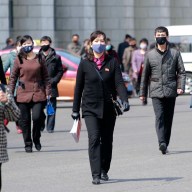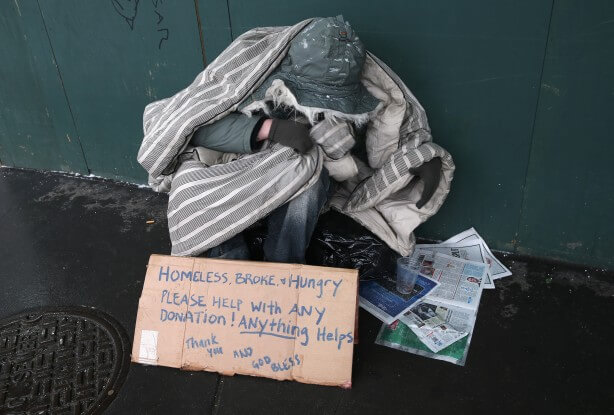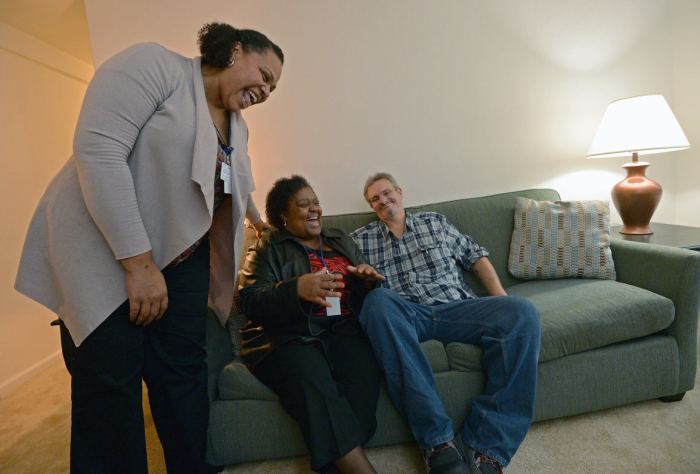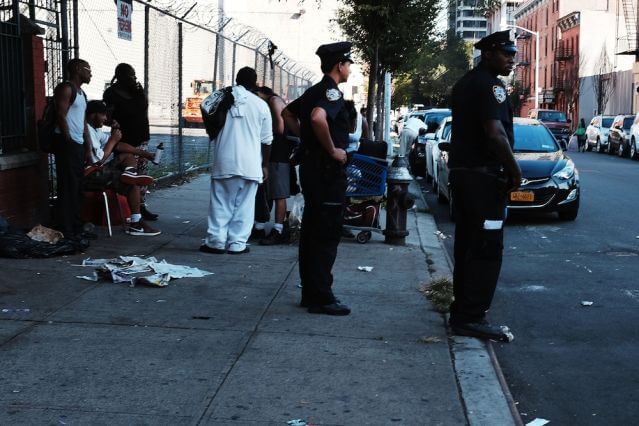Attending camp and getting that first summer job are traditional rites of passage among American youth.
But for those who come of age in poverty, struggle with addiction or grow up in the foster care system, youth is often defined by obstacles and uncertainty, not opportunities. Y Roads, a program started in 2013 by the YMCA of Greater New York in partnership with the nonprofit Opportunities for a Better Tomorrow and the Department of Education, provides solid ground for vulnerable and disconnected young adults. RELATED: How one engineering wiz went from homelss to Harvard
In New York City, there are a quarter of a million 17-to-24-year-olds who are “disconnected,” meaning they are not attending school or working. Y Roads enrolls students within this age range to help them “press the reset button,” says Lauren Barr, Senior Executive of Youth and Family, School & Branch Based Programs at the YMCA. The program serves roughly 450 kids and young adults among four Y Roads YMCA centers in Jamaica, Queens, the South Bronx, Bushwick and East New York. Participants spend anywhere from 20 to 40 weeks in the program, during which time they are connected with counselors, resources and opportunities to develop job skills and enroll in a high school equivalency (HSE) test prep program. Many participants have dropped out of high school, and some come with barely a high school literary level, says Barr.
RELATED: The job hunt for college grads just got easier. Participants often find Y Roads through word of mouth, and the program partners with service agencies to connect with low-income youth, those who have been previously incarcerated, in the foster care system, or the child of someone incarcerated, says Nicole Kourbage-Wilson, the Director of YouthBuild program at the Jamaica Y Roads center. “A lot of these young people, once connected to resources, are completely and totally motivated to no longer engage in these kind of lifestyles,” says Kourbage-Wilson. “We connect them to leadership opportunities, so they can see themselves represented, and they can see themselves potentially as change agents, not only for themselves but for the community as a whole.” Kourbage-Wilson recalls one Y-Roads participant, a 21-year-old mother who walked through the door of the South Bronx center seeking additional job training. She connected with a mental health counselor and a case manager, and had childcare provided so she was able to attend classes, get job training and obtain her Microsoft Office certification. While still in the program, she got a job in retail. Y Roads offers job training in areas including construction, child care and sports and fitness, and recently partnered with a local Starbucks to develop a program for Y Roads participants interested in customer service. But what sets Y Roads apart from other job training or traditional HSE program, says Barr, are opportunities for students to learn about themselves, in and out of the classroom.
The program also recreates rites of passage that participants may have missed out on, such as a prom and a weekend-long camp in upstate New York, where they learn team building and leadership in a Mental Fitness program. These “developmental time-stamps,” says Kourbage-Wilson, are part of what makes participants feel connected to and invested in the program — and themselves.
“It [Y Roads] establishes a young kind of community for young folks. So often our youth are connected to things that are outside of their control, including living in a neighborhood that has gangs, or that doesn’t have access to resources. Something Y Roads does is provide an additional community that they see safe, and that they know they can access.”
High school dropouts get back on track
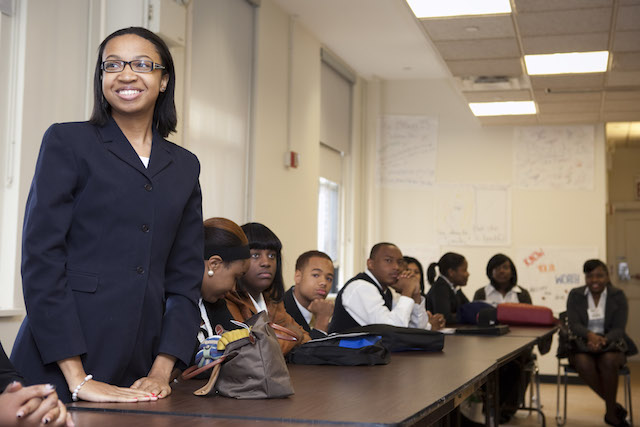
Chasi Annexy





